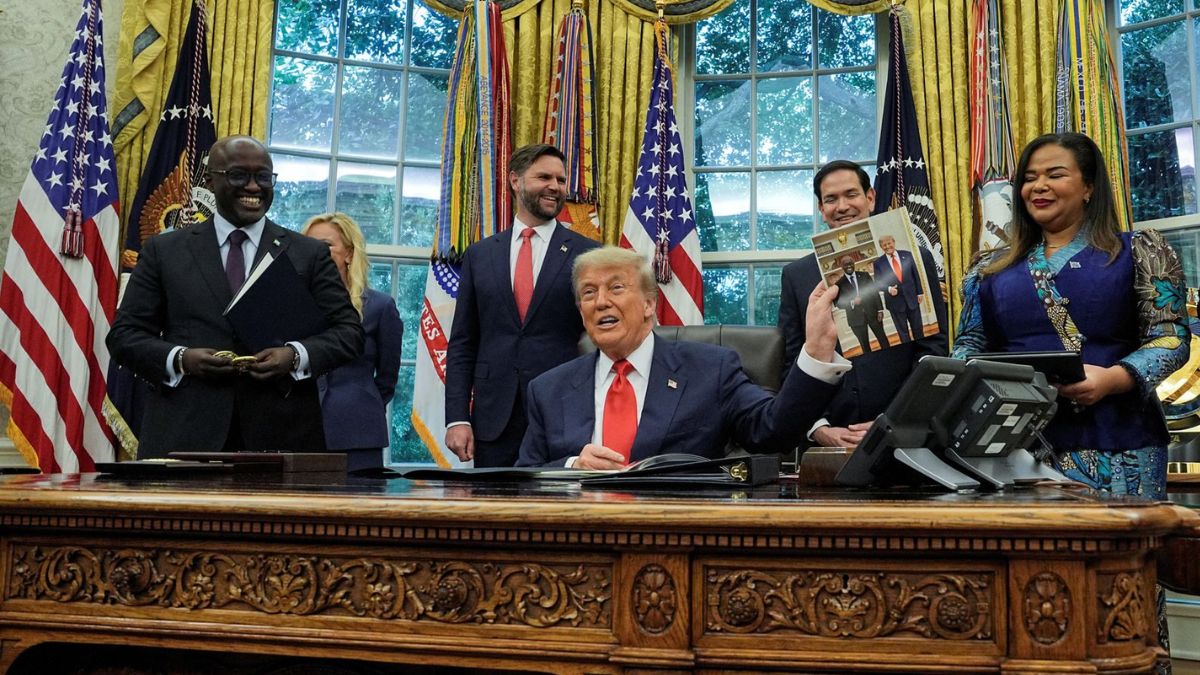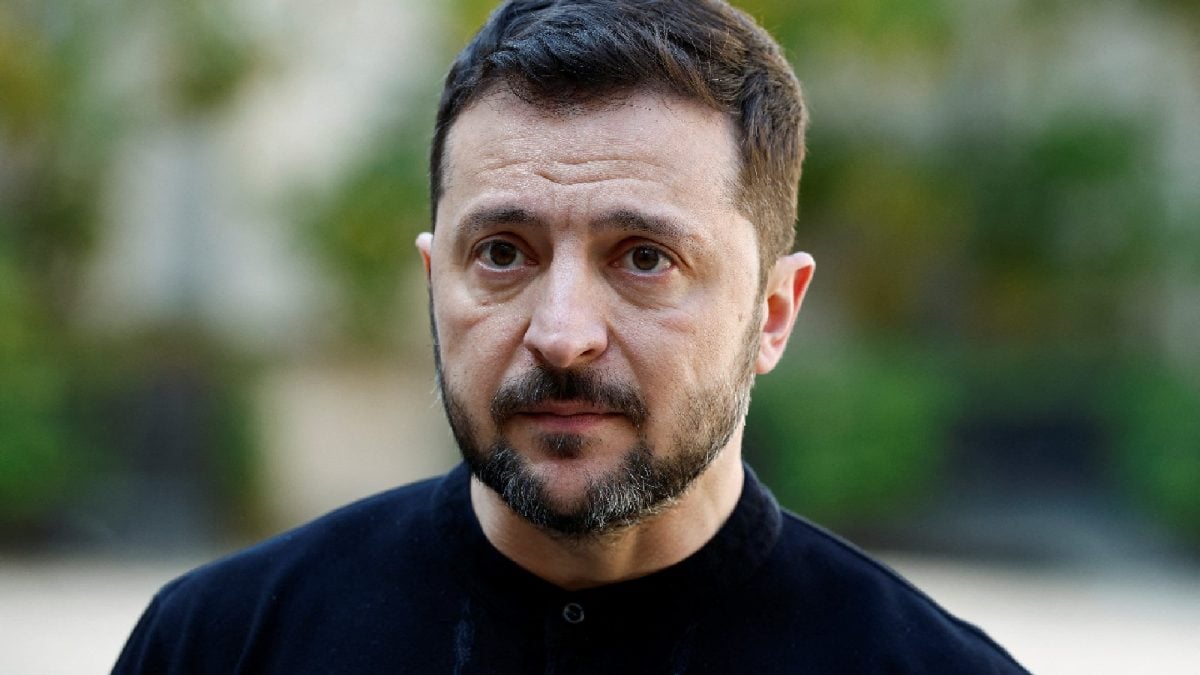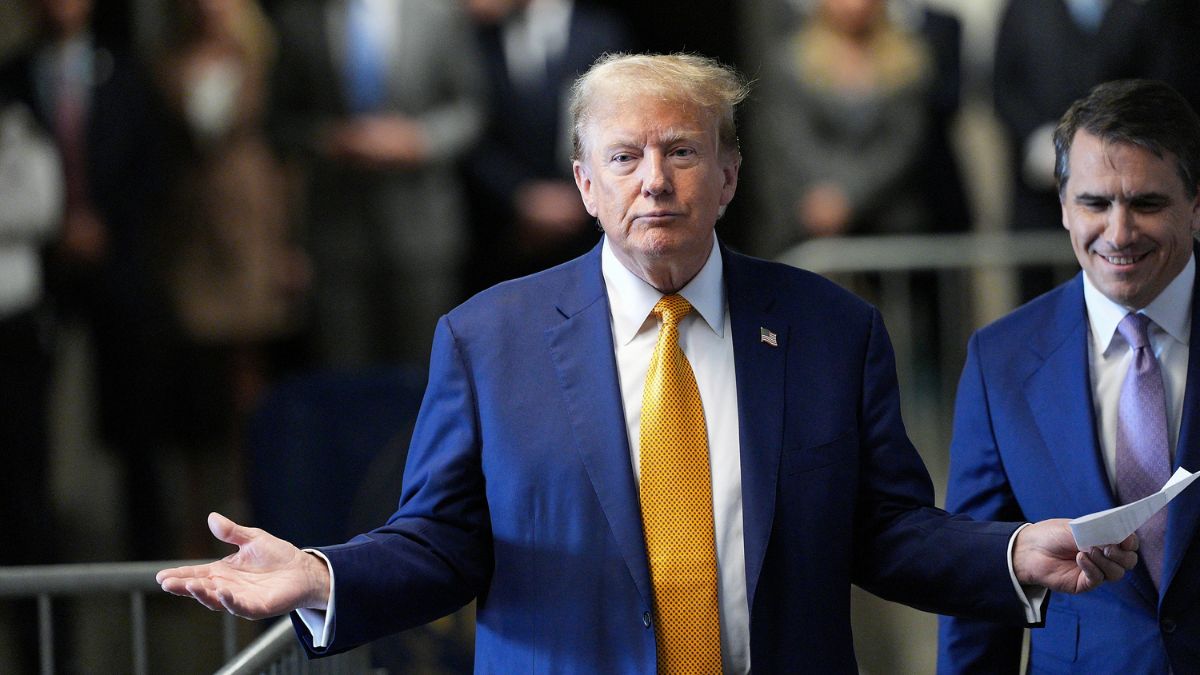Rwanda has accepted seven migrants deported from the US under a Trump-era agreement, part of a wider American strategy of third-country removals across Africa involving Uganda, Eswatini and South Sudan.
As part of a deal to accept deportees from the US, Rwanda has confirmed the arrival of seven migrants sent from the United States in August. The Trump administration has been pursuing agreements with nations such as South Sudan and Eswatini (formerly Swaziland) to accept migrants as part of its broader deportation strategy.
“The first group of seven vetted migrants arrived in Rwanda in mid-August,” government spokeswoman Yolande Makolo said in a statement Thursday, highlighting Kigali’s willingness to operationalise the controversial arrangement.
Rwanda is one of four African states that have agreed to host US deportees alongside Uganda, Eswatini and South Sudan. Earlier this month, Kigali announced it could receive as many as 250 deportees.
The model is not unique to Rwanda. In July, eight men described as violent offenders were deported from the US to South Sudan after the Supreme Court cleared the way. Soon after, five others were transferred to Eswatini, where authorities placed them in solitary confinement under strict controls. Uganda has also joined the framework, stipulating it will only take migrants without criminal records and not unaccompanied minors.
Together, these arrangements point to a widening US reliance on African nations to absorb migrants who are barred from American asylum, part of what immigration hardliners view as an efficient solution for detainees who cannot be returned to their home countries.
Critics, however, argue that the practice is both “dangerous and cruel,” raising concerns that deportees may face violence, lack community ties, or struggle in countries where they have no cultural or linguistic connection.
The Trump administration has defended the deals as necessary for swiftly removing individuals, particularly those with convictions, and has sought similar accords beyond Africa. In March, more than 200 Venezuelans accused of gang affiliations were deported to El Salvador, where they were held until a prisoner swap led to their release last month.
Rwanda, for its part, has actively presented itself as a destination country for Western partners seeking to relocate migrants, despite longstanding criticism from rights groups over its human rights record. In May, its foreign minister confirmed discussions with Washington on receiving US deportees were already underway.
The Supreme Court ruling in June allowing third-country deportations without migrants first proving risk of harm has emboldened such transfers, though the legality is being challenged in a Boston federal lawsuit that could ultimately return to the high court.
For Rwanda and its peers, the agreements offer diplomatic and possibly economic leverage with Washington. For the United States, they signal the extension of a contested migration strategy far beyond its borders.
End of Article

)

)